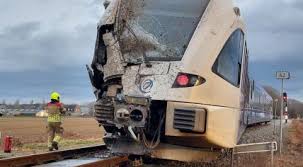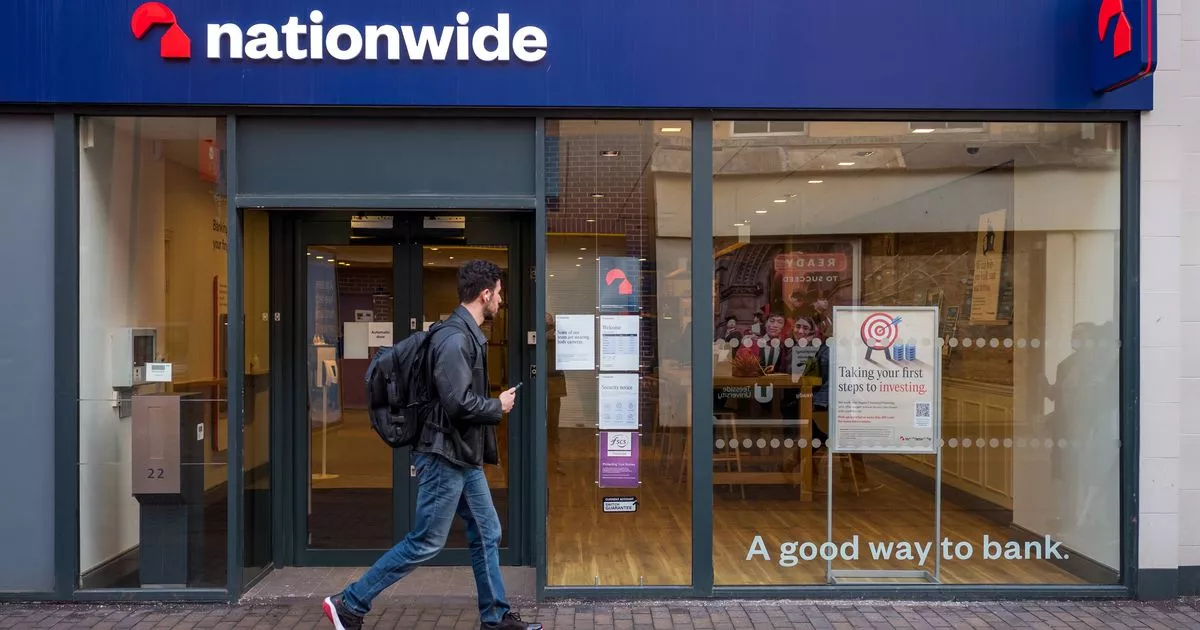
Introduction
The recent incident of a derailed train near Birmingham has brought to light serious concerns regarding rail safety and the state of infrastructure in the United Kingdom. Rail accidents can have devastating consequences, not only for the passengers involved but also for larger communities reliant on freight services. As rail networks continue to expand and evolve, ensuring their integrity becomes paramount.
The Incident: What Happened?
On the morning of 23rd October 2023, a freight train derailed just north of central Birmingham, causing significant disruptions to both passenger and freight services. Initial reports indicate that as many as three carriages left the tracks around 8:30 AM, resulting in a major blockade that affected several train lines. Emergency services, including fire and rescue teams, were deployed swiftly to manage the situation, and fortunately, no injuries were reported among the crew members or nearby residents.
Impact on Services
The derailment caused major delays across the West Midlands rail network. Commuter trains were diverted, and passengers faced waiting times of up to two hours as emergency repairs were conducted. Additionally, freight traffic was severely impacted, with widespread delays expected for deliveries across the region. Train operating companies have issued advice to passengers to check their services before travelling.
Investigation Underway
As the dust settles, an investigation has been launched by the Rail Accident Investigation Branch (RAIB) to uncover the cause of the derailment. Early observations suggest a possible issue with track integrity, though officials have stated it is too early to make definitive conclusions. Local authorities and rail companies are expected to cooperate fully with the investigation to guarantee that any underlying issues are addressed promptly.
The Broader Implications
The derailment has sparked renewed discussions about the state of the UK’s rail infrastructure. With government funding for rail maintenance and upgrades facing scrutiny, industry experts are calling for urgent investments to ensure both passenger and freight services are safe and reliable. Data from the Office of Rail and Road indicates a worrying trend, with infrastructure failures on the rise over the past few years, particularly in less monitored areas.
Conclusion: A Call for Action
This derailment marks another stark reminder of the importance of infrastructure maintenance in the rail industry. As the investigation continues and more information comes to light, stakeholders must prioritise safety improvements to prevent future accidents. The significance of this incident extends beyond the immediate disruption, highlighting the need for a national conversation about rail safety standards and investment in infrastructure to secure safe transport for all citizens.
You may also like

Understanding the Nationwide Payments Warning

Recent Train Stabbing Incident Raises Alarm Over Commuter Safety
